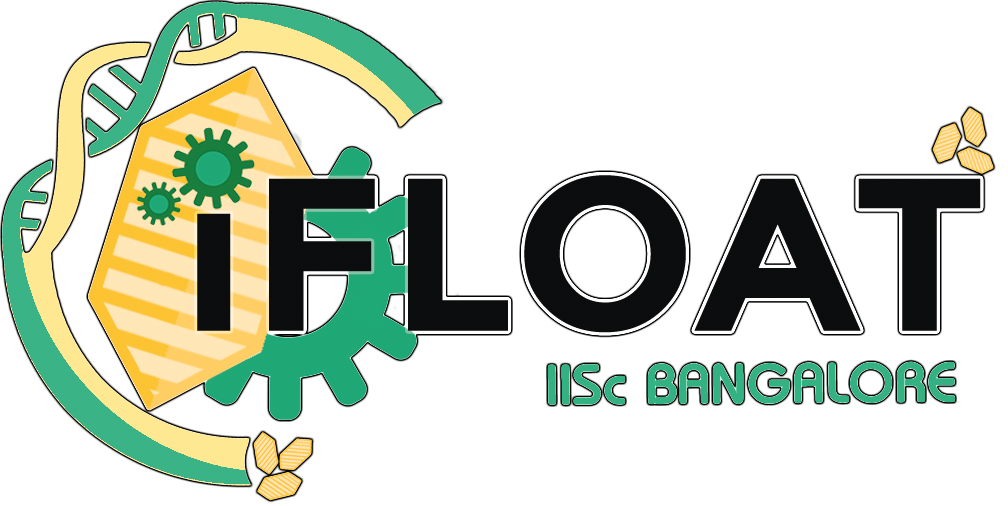Ketto Fundraiser
In our first attempt to showcase how iFLOAT — and synthetic biology in general — can be used to address real-life problems, we created a YouTube video explaining our preliminary project idea and posted it on our Ketto page — an online crowdfunding platform. By reaching out to our institute alumni around the world, we spread our project idea through word-of-mouth and received 51 donations from multiple countries, totaling nearly INR 200,000 (USD 3000)!
By reaching out to our institute alumni around the world, we spread our project idea through word-of-mouth and received 51 donations from multiple countries, totaling nearly INR 200,000 (USD 3000)!
Social Media

Our social media accounts — Facebook and Twitter — were used effectively to reach out to interested followers and provide regular updates regarding our project. Our Twitter handle was also used to interact with other iGEM teams and share our progress.
High School Presentations
Science students in India are rarely exposed to scientific research during their high school curriculum: emphasis is placed more on learning facts and answering questions than learning ways to discover new things — the scientific method! As undergraduates in India's premier institute for scientific research, we have a moral responsibility to give back to society and educate our juniors, to ignite the spark of interest that may perhaps flare into a flaming passion for science.
Our desire to accomplish this goal and simultaneously take our project forward led us to visit four high schools in Bangalore and Chennai and educate students about the scientific method and careers in scientific research, followed by an introduction to synthetic biology, iGEM and our project iFLOAT.

In Chennai, we visited Chennai Public School, National Public School and P S Senior Secondary School, while in Bangalore, we visited CMR National PU College in Bangalore. Students from all schools listened avidly to our presentations and asked insightful questions during our interactive sessions.

Mdm Mary Salomi from CMR National PU College gave us the following feedback: "Thanks to the IISC team for their presentation. It was very informative and encouraging for our students to hear about recombinant DNA techniques and their application to make medicines cost effective. Some of them have interest in higher studies in this stream."
Challenge
To further engage with school students, we designed a challenge that promoted problem-solving and creative thinking, and simultaneously used their input to help us with our project. Students were given the task of designing their own flotation assay for a floating fluorescent particle — over a period of two weeks — and feedback was given to the students on their proposed solutions, which did not manage to provide a clear-cut assay for flotation.
Poster Presentation
Our campus has students and professors working in all fields of science, and we realized that their feedback had the potential to provide us with completely new perspectives on our project. We held a poster presentation session that was open to all the members of IISc, from students, to professors and even the director! This event led to several valuable discussions about iFLOAT, contributed to spreading awareness about synthetic biology and also inspired our own spectrophotometry assay — the idea was triggered by a discussion with a visitor!













